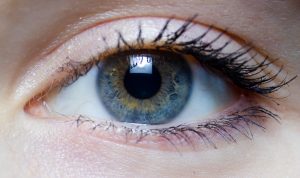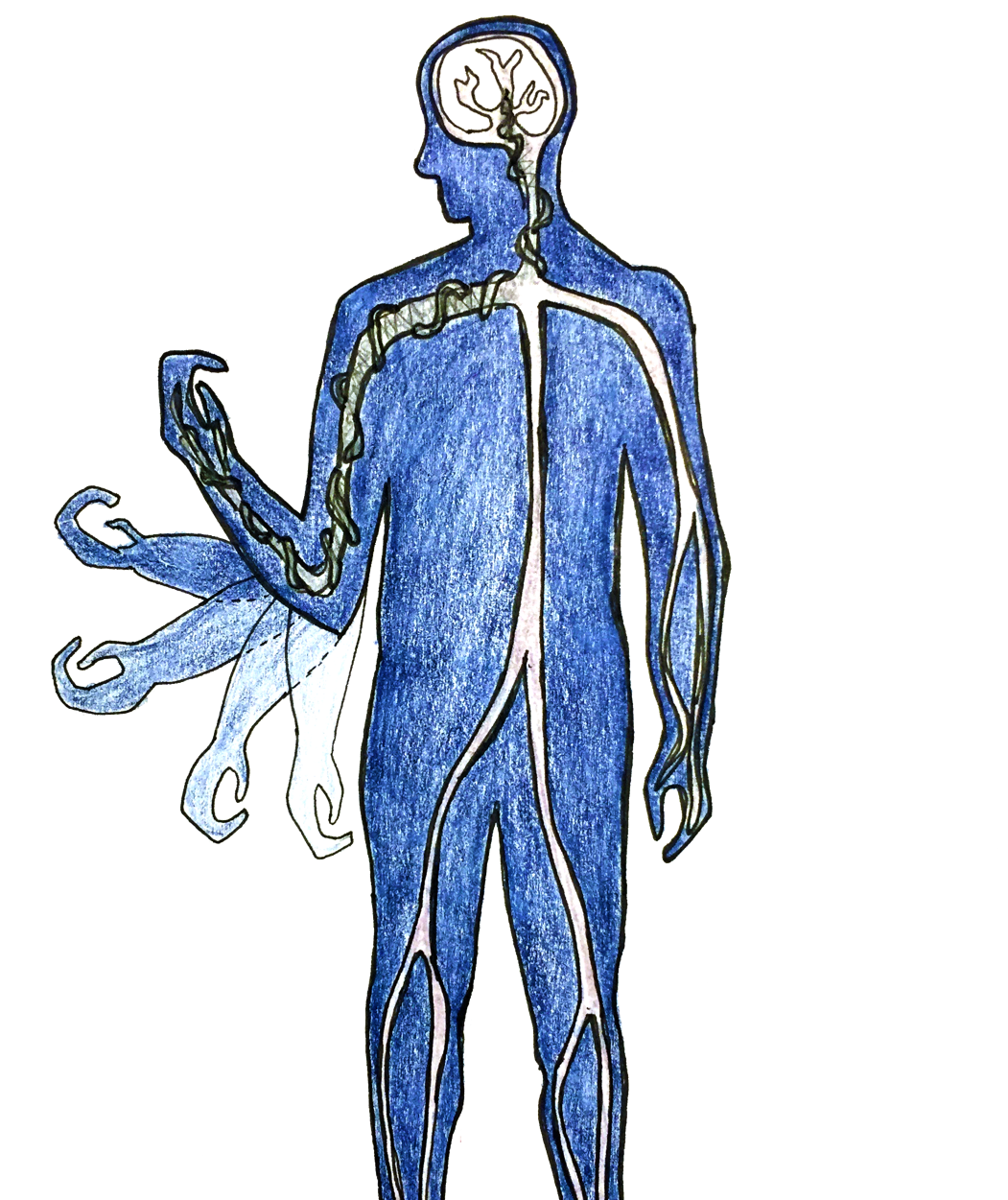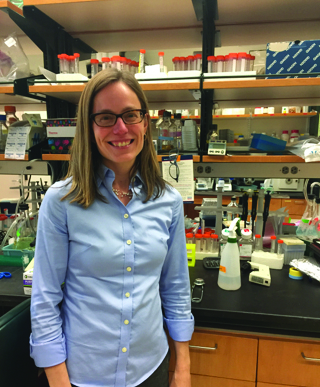
A Mineral Map for Fossil Hunters
Improving the localization of rare soft-tissue fossils Think of a fossil. What do you see? Perhaps dinosaur bones, teeth, or mollusk shells? When we think

Improving the localization of rare soft-tissue fossils Think of a fossil. What do you see? Perhaps dinosaur bones, teeth, or mollusk shells? When we think

Understanding Cloud Behavior through Computational Modeling On some days during the coldest months of winter, we are greeted by fluffy snow falling from the sky

Dr. Bo Chen and his team of researchers at Yale University have figured out a way to activate the stem cell ability of MGs, a special group of glial cells in the retina. Their discovery could someday help restore eyesight to patients whose retinas have been damaged by disease.

The 100 trillion synapses in our brain contain a wealth of information about health and disease in the brain. Scientists at the Yale PET Center have recently developed a novel imaging technique to view synaptic connections in the living brain.

In the United States, approximately 12,000 people become paralyzed each year due to spinal cord injuries. What if we had the technologies to help paraplegics

The sense of smell has often provided us valuable insights into disease progression and treatments. Now, a recent study has shown that changes in the smell of one’s urine can predict the onset of Alzheimer’s disease.

Thirty years after the discovery of the HIV virus, researchers are still unable to find a cure for the disease. Kathryn Miller-Jensen at the Yale School of Engineering and Applied Science discusses the ability of latent HIV to reactivate, which is one of the properties of the virus that make it so difficult to treat.

Uplifting animals, or endowing animals with near-human intelligence, is a concept that has been explored by science fiction writers and movie producers. But real world scientists are interested, too. New research suggests that genetic and neurological modifications could enhance animals’ intelligence.
Many people believe that vitamin C can prevent and treat the common cold. To the contrary, scientific evidence suggests that vitamin C does not in fact make a difference.